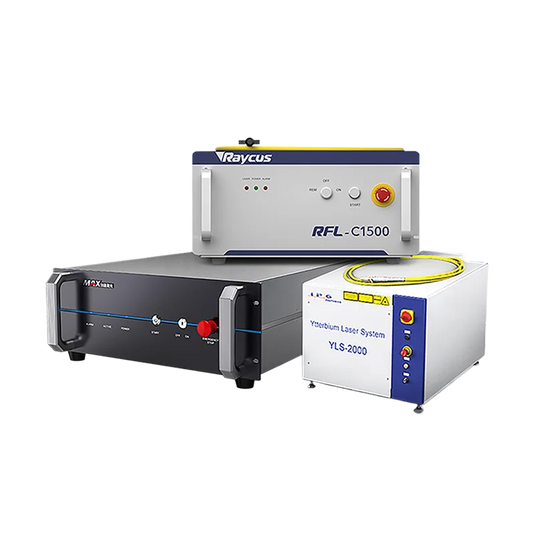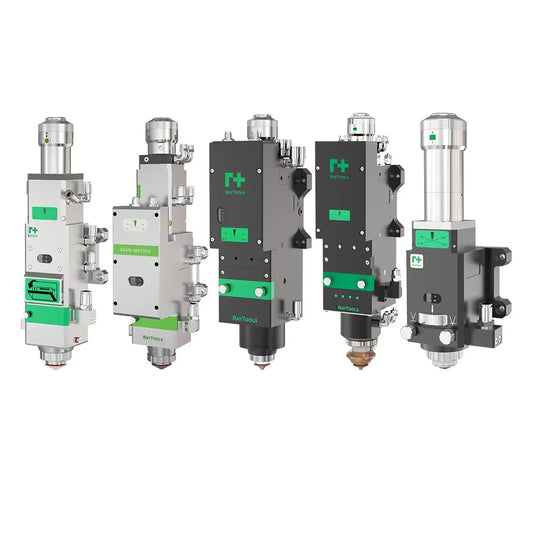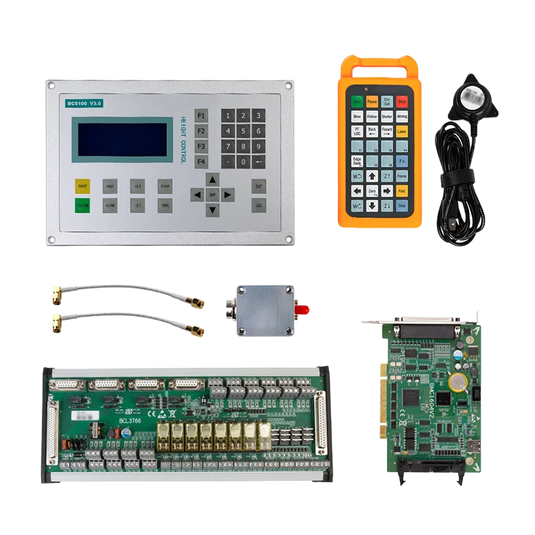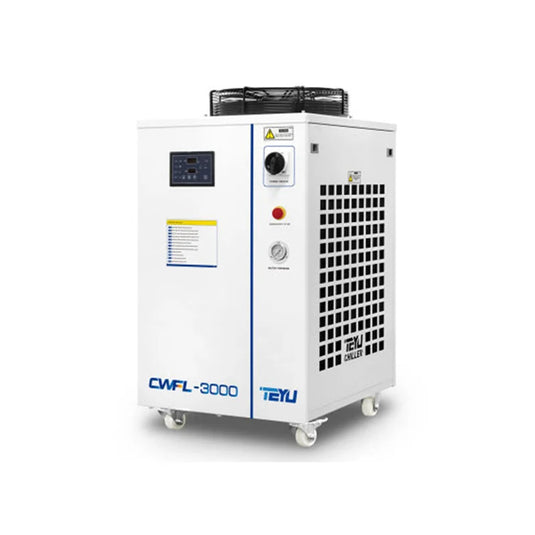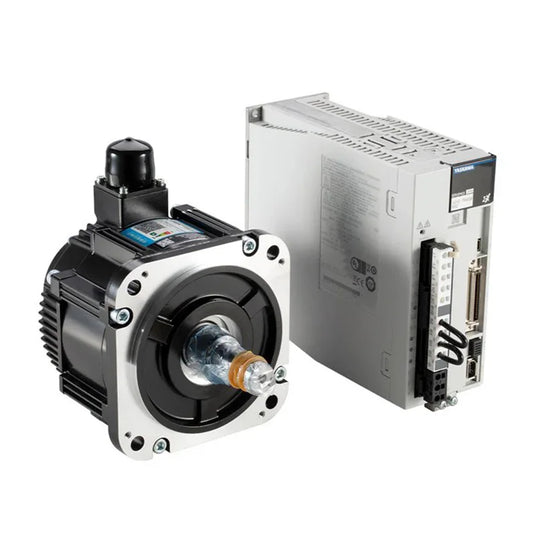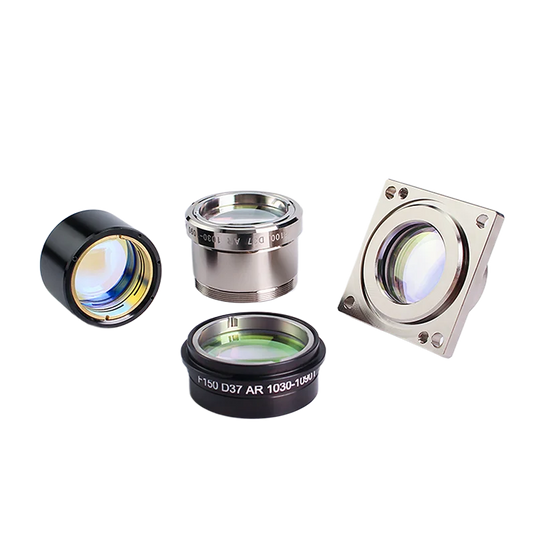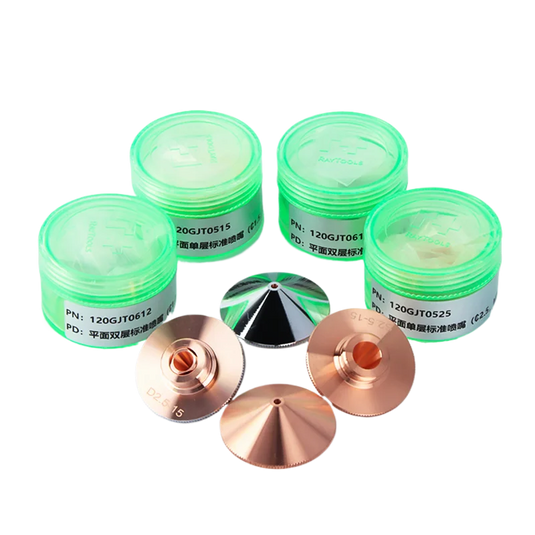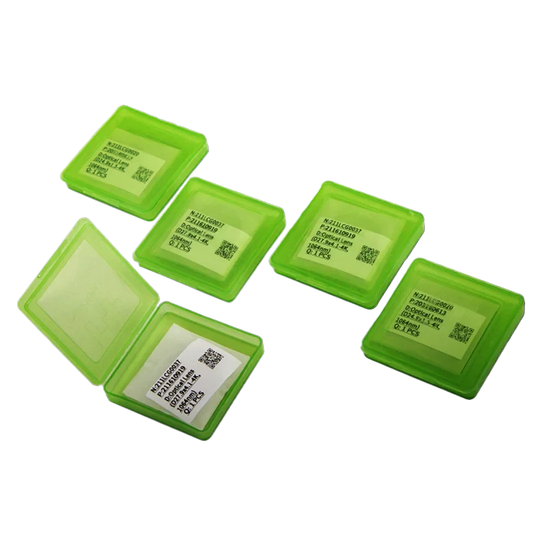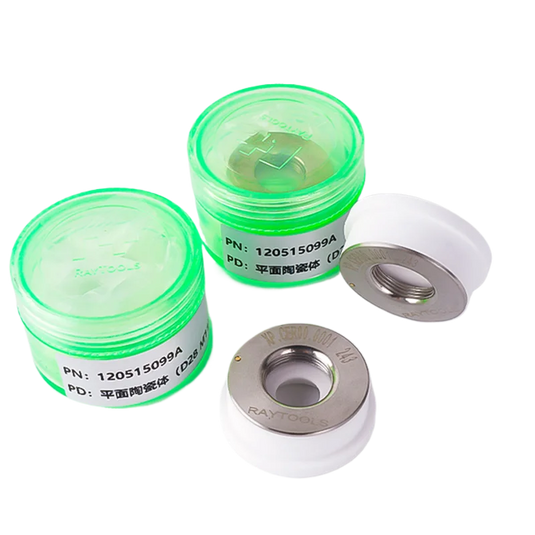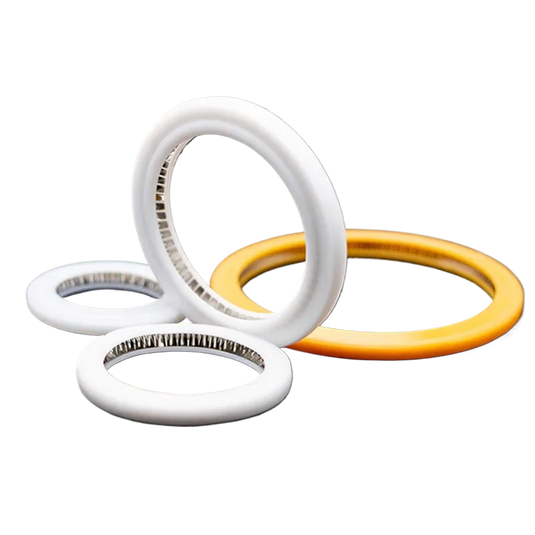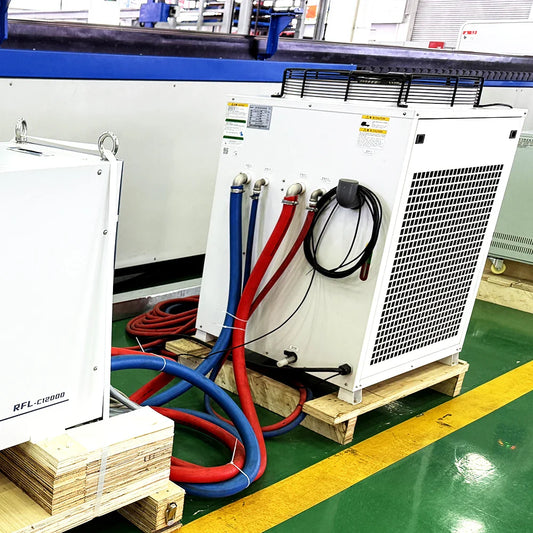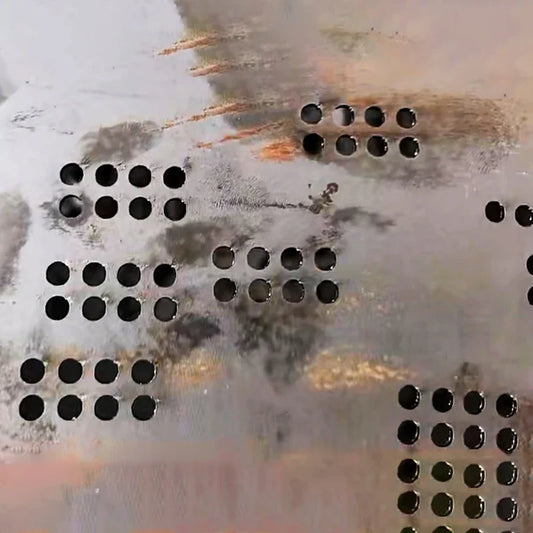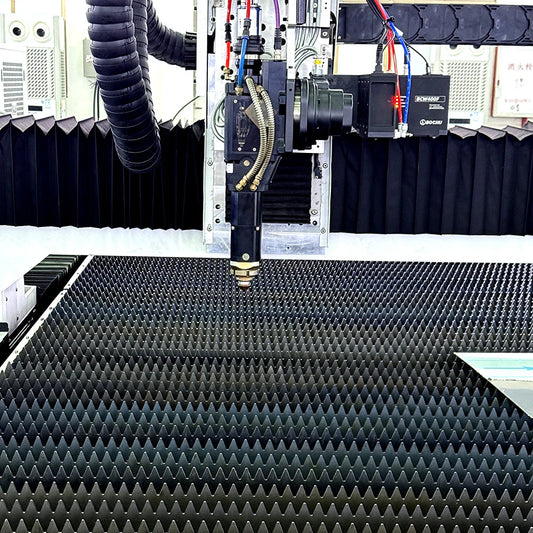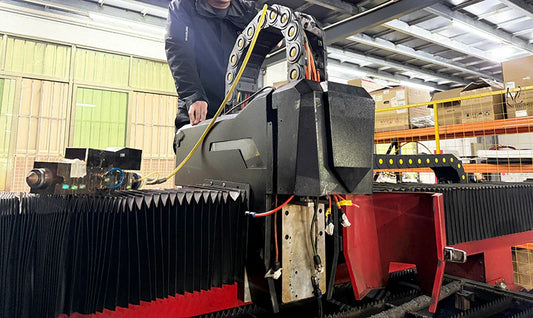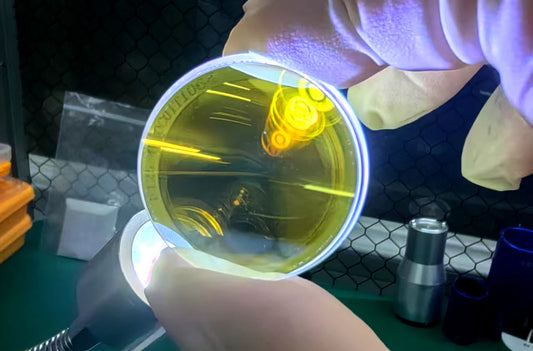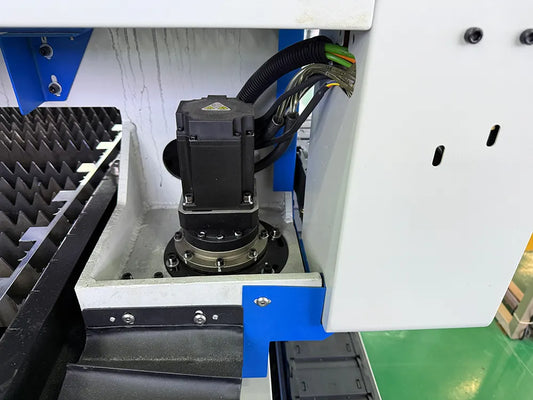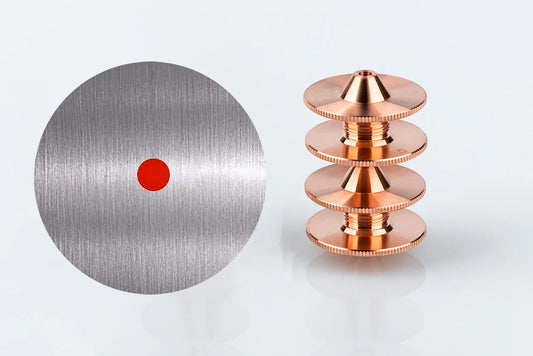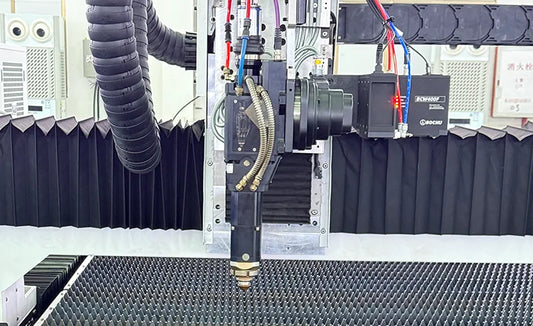Pulsed vs. Continuous Wave Laser Cleaning: Which to Choose?

When selecting a laser cleaning machine, one critical decision is choosing between pulsed and continuous wave (CW) laser systems. Each type operates differently and is suited to specific cleaning tasks, depending on factors like material sensitivity, contaminant type, and project scale. Below is a detailed comparison to help you decide which is best for your needs.
Key Differences in Operation
Pulsed Laser Cleaning Machine
Pulsed laser cleaning machines emit high-energy pulses at intervals. These short bursts of energy target contaminants (such as rust, paint, or oil) by heating them rapidly, causing them to evaporate or fragment without significant heat transfer to the underlying material. This minimizes heat accumulation, making pulsed lasers ideal for delicate or heat-sensitive surfaces.
Continuous Wave Laser Cleaning Machine
Continuous wave laser cleaning machines deliver a steady, uninterrupted stream of energy. This constant power heats contaminants quickly, evaporating them efficiently over large areas. However, the continuous energy flow can generate more heat, which may affect sensitive materials.
Detailed Comparison Table
| Aspect | Pulsed Laser Cleaning Machine | Continuous Wave Laser Cleaning Machine |
|---|---|---|
| Cleaning Principle | Emits high-energy pulses at intervals, minimizing heat accumulation and protecting substrate. | Uses continuous high power to heat and evaporate contaminants quickly. |
| Cleaning Depth | More concentrated energy and smaller spot size allow deeper, more thorough cleaning. | Effective for large areas and thick contaminants but less deep cleaning. |
| Substrate Damage | Minimal to no damage; material color close to original after cleaning. | Larger heat-affected zone; may leave slight surface marks or cause substrate damage. |
| Cleaning Efficiency | Slower cleaning speed; better for precision and sensitive materials. | Faster cleaning speed; suitable for large-scale industrial cleaning. |
| Suitable Contaminants | More effective on oil stains, paint, thin rust layers, and delicate surfaces. | Better for thick rust, heavy coatings, and large-area stubborn stains. |
| Heat Effect | Minimal heat accumulation; suitable for heat-sensitive materials. | Significant heat accumulation; risk of thermal effects on substrate. |
| Cost | Generally higher cost due to complexity and precision. | More affordable and cost-effective for large volume cleaning. |
Ideal Applications
Pulsed Laser Cleaning Machines

- Delicate Materials: Perfect for cleaning sensitive items like electronic components, medical devices, or historical artifacts, where preserving the base material is critical.
- Precision Tasks: Removing thin coatings, oil, or flux from circuit boards, or cleaning mold residues in manufacturing without damaging the mold itself.
- Art & Heritage Restoration: Safely removing biofilm, graffiti, or soot from fragile surfaces like ancient stone, paintings, or metalwork.
- Small or Irregular Parts: Handheld pulsed lasers excel at cleaning small, curved, or hard-to-reach areas (e.g., engine parts, jewelry).
Continuous Wave Laser Cleaning Machines

- Large-Scale Industrial Jobs: Cleaning steel beams, pipelines, or turbine blades in construction, oil and gas, or aerospace industries.
- Thick Contaminants: Efficiently removing heavy rust, thick paint layers, or industrial grime from large, flat surfaces like ship hulls or storage tanks.
- High-Volume Production Lines: Integrated into automated systems for fast, consistent cleaning of mass-produced parts (e.g., automotive frames, machinery components).
Practical Considerations
- Heat Sensitivity: If your material (e.g., plastics, thin metals, or composites) is prone to warping or discoloration from heat, a pulsed laser is the safer choice.
- Speed vs. Precision: For large, robust surfaces where speed is prioritized over minor surface changes, a continuous wave laser will finish the job faster. For detailed work requiring accuracy, pulsed lasers are worth the slower pace.
- Cost: Pulsed lasers are more expensive upfront but save money in the long run for delicate or high-precision applications by reducing material damage. Continuous wave lasers are more budget-friendly for large-scale, industrial tasks.
Conclusion
Choose a pulsed laser cleaning machine if you need precision, work with delicate materials, or require minimal heat impact. Opt for a continuous wave laser if you prioritize speed, handle large-scale industrial jobs, or need to remove thick contaminants from robust surfaces. Always match the laser type to your specific cleaning goals, material sensitivity, and project scale to ensure safe, effective results.

